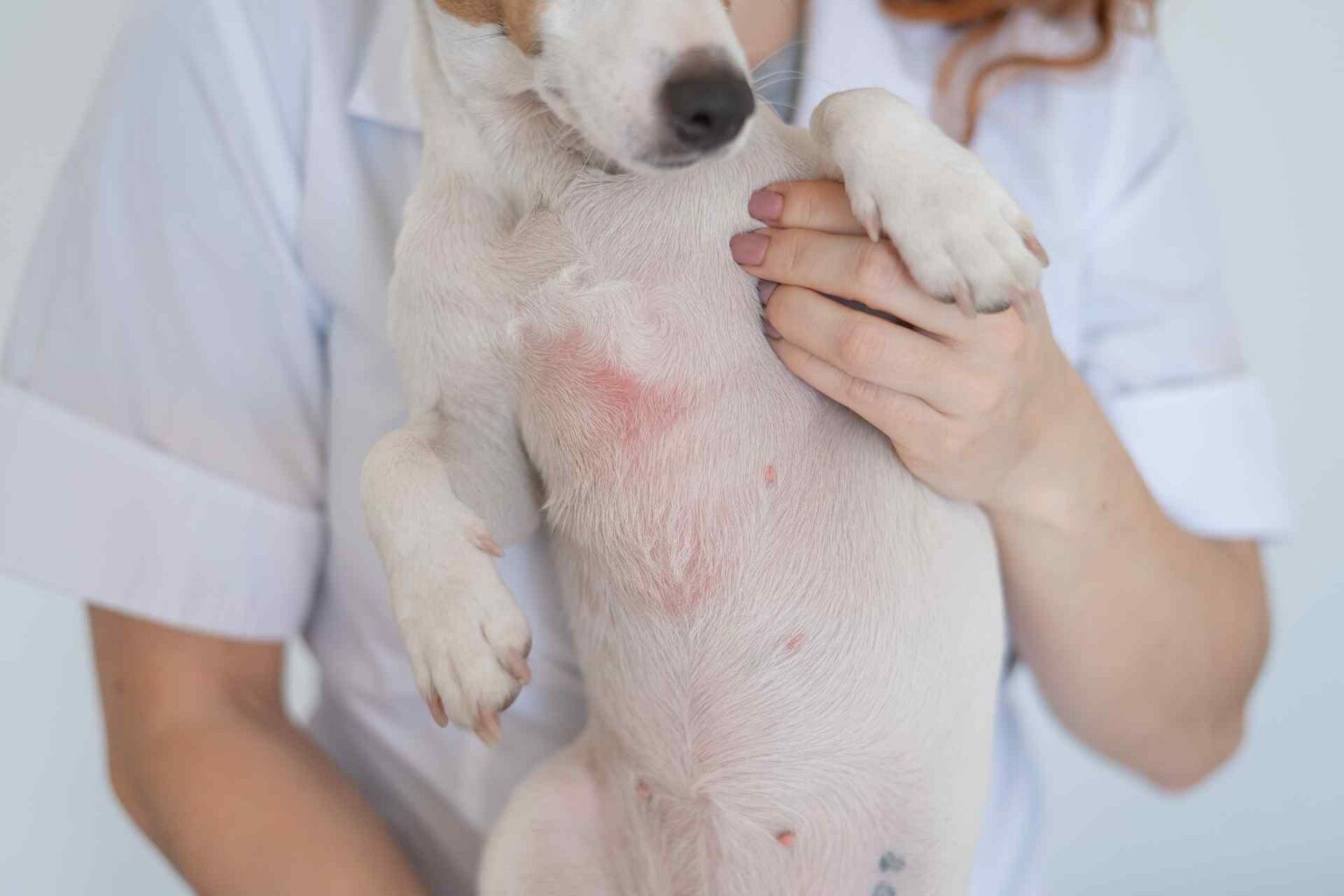Over time, scientific studies have provided increasingly strong indications regarding the association between dysbiosis, that is, imbalance in the composition and function of the gut microbiota, and the occurrence of disorders and diseases that affect more than just the gastrointestinal tract. This link has been observed in both humans and animals.
The pathogenetic mechanisms of these diseases involve the interaction between the gut microbiota, the products of metabolism, and the host.
Several studies have highlighted a link between dysbiosis and the development of neuroinflammatory disorders of the central nervous system, and the evidence gathered supports the existence of an axis between the gut microbiota and the brain.
The endocannabinoidoma
Recently, another chemical signaling system has been recognized as playing an important role in the physiological and pathological regulation of various responses in the body: this is the endocannabinoid or endocannabinoid system, a lipid signaling system that includes endocannabinoids, endocannabinoid-like mediators, their receptors, and metabolic enzymes.
Altered regulation of this endogenous system is involved in the development and evolution of various pathological conditions.
Studies conducted so far seem to suggest the existence of a link between the endocannabinoid system and the gut microbiota, manifested through reciprocal regulatory mechanisms underlying various processes under both physiological and pathological conditions, such as gut homeostasis, energy metabolism, and neuroinflammatory processes.
Given the growing interest in the endocannabinoid system and its functional link with the gut microbiota, a group of Italian experts analyzed data from studies published so far in the literature on the subject, focusing in particular on alterations in the two systems that may impair bidirectional communication and possible future dietary and nutritional interventions aimed at avoiding imbalances.
What pet studies say
The researches reviewed are particularly concerned with companion animals, and support with solid data the existence of an endocannabinoid-gut microbiota axis, the malfunction of which may play a role in the development of various gastrointestinal and metabolic disorders such as obesity and chronic inflammatory bowel disease, and neuroinflammatory disorders such as neuropathic pain and depression.
In addition, the mediators of the endocannabinoid system and their receptors appear to play a role in the complex communication system between the host and the gut microbiota, which, however, still remains partly unknown.
From a therapeutic point of view, therefore, interventions based on agonists, antagonists, and allosteric modulators of endocannabinoid receptors and metabolic enzyme inhibitors could be useful for diseases related to gut dysbiosis.
Similarly, dietary interventions aimed at promoting the health of the gut microbiota, for example with prebiotics and probiotics, can help prevent and treat disorders related to endocannabinoid system dysfunction.
From a dietary perspective, complementary feeds containing endocannabinoid-like modulators, particularly ultramicronized palmitoylethanolamide (PEA), alone or in combination with probiotics and prebiotics, may be a viable nutritional option to prevent pathological alterations in the endocannabinoid-gut microbiota axis.
A glimpse into the future
“As knowledge in this field continues to expand, it can be expected that state-of-the-art nutritional tools will be developed in the near future. In particular, balanced diets containing fatty acids that are precursors of endocannabinoidome mediators with different biological activities could be designed, based on the increasingly accepted concept that dietary fatty acids are an important determinant of the levels of these mediators in plasma and tissues,” the authors of the paper comment.
“It is hoped that these new options will represent viable and safer alternatives to current treatments, such as antibiotics for chronic enteropathies, which not only cause long-term negative alterations in the gut microbiota, but also pose a potential risk in human and veterinary medicine due to the development of resistance.”
Reference
Schiano Moriello A, Di Marzo V, Petrosino S. Mutual links between the endocannabinoidome and the gut microbiome, with special reference to companion animals: A nutritional viewpoint. Animals (Basel). 2022 Jan 31;12(3):348.











